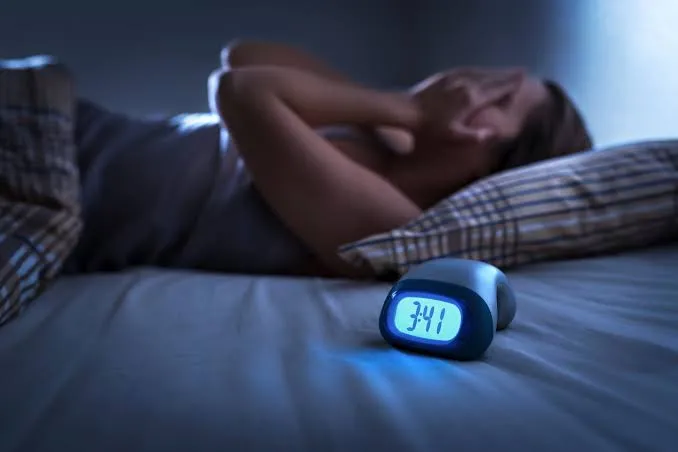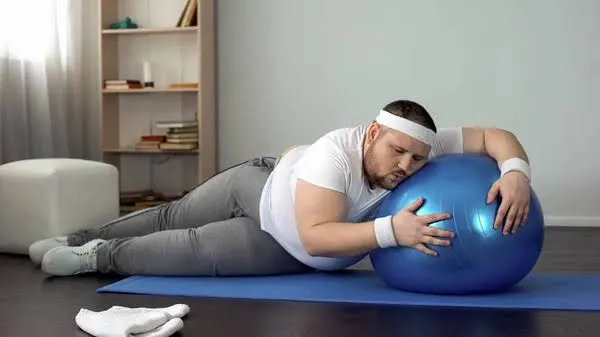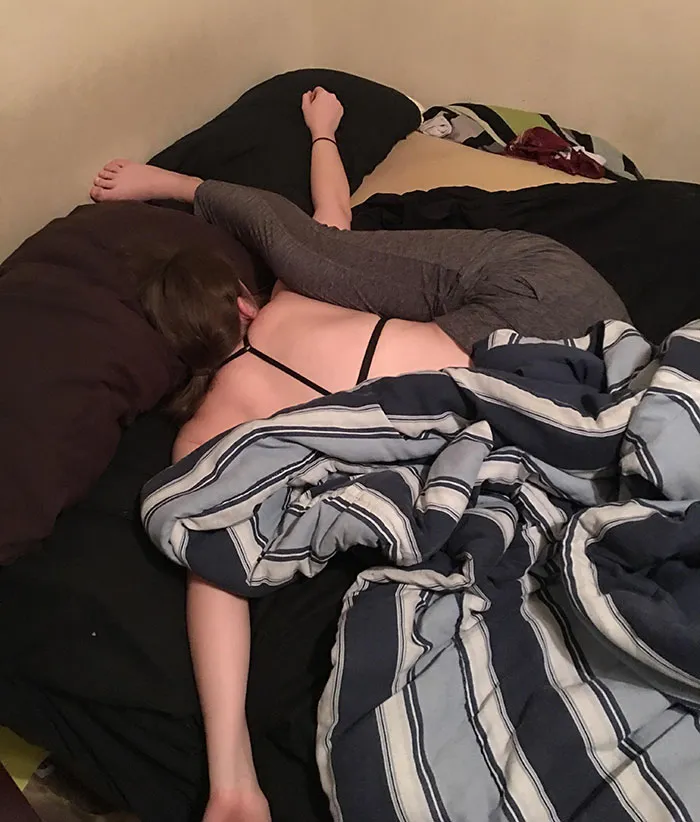A good night's sleep is essential for our overall well-being, yet many people struggle to fall asleep or stay asleep throughout the night. If you find yourself tossing and turning, unable to find restful slumber, it may be time to examine your nighttime routine and habits.

Here are five things you might be doing wrong that could be interfering with your sleep:
Screen Time Before Bed:

Spending time on electronic devices, such as smartphones, tablets, or laptops, right before bed can disrupt your sleep. The blue light emitted by these devices interferes with the production of melatonin, a hormone that regulates sleep. Make it a habit to disconnect from screens at least an hour before bedtime and engage in relaxing activities instead.
Consuming Stimulants:

Consuming caffeine or other stimulants in the evening can make it difficult to fall asleep. Be mindful of your intake of coffee, tea, energy drinks, and even certain medications that contain caffeine. Limit your consumption in the afternoon and evening to allow your body enough time to process and eliminate the stimulants from your system.
Irregular Sleep Schedule:

Inconsistent sleep patterns can disrupt your body's natural sleep-wake cycle, making it harder to fall asleep at night. Try to establish a regular sleep schedule by going to bed and waking up at the same time each day, even on weekends. This helps regulate your body's internal clock and promotes better sleep quality.
Lack of Physical Activity:

Leading a sedentary lifestyle can contribute to poor sleep quality. Engaging in regular physical activity can help regulate your body's energy levels, reduce stress, and promote better sleep. Aim for at least 30 minutes of moderate exercise most days of the week, but be mindful of timing your workouts to avoid exercising too close to bedtime, as it may increase alertness.
An Uncomfortable Sleep Environment:

Your sleep environment plays a significant role in the quality of your rest. Factors such as an uncomfortable mattress, excessive noise, or improper room temperature can make it challenging to fall asleep and stay asleep. Create a comfortable sleep environment by investing in a supportive mattress, using earplugs or white noise machines to block out noise, and ensuring the room is cool, dark, and conducive to sleep.
By addressing these potential sleep disruptors, you can improve your chances of achieving a restful night's sleep. Remember, good sleep hygiene practices, such as establishing a relaxing bedtime routine, creating a sleep-friendly environment, and adopting healthy habits, can significantly enhance your sleep quality. If sleep troubles persist despite implementing these changes, it may be beneficial to consult with a healthcare professional for further guidance and support.
Prioritizing your sleep is an investment in your overall health and well-being. Take the necessary steps to improve your sleep habits, and you'll be rewarded with a refreshed mind, increased energy levels, and a more productive and fulfilling day ahead.
Thanks for reading
feel free to leave a comment, i will be
glad to reply.
Best regards, @brown01